Meringue is my default go-to pud because on the zero-effort/maximum-impact scale, it measures a perfect 10. And there is none easier than French meringue.
No, it’s not called French meringue to make it sound extra fancy, it’s called French meringue to distinguish it from two other types of meringue: Swiss meringue and Italian meringue. French meringue is by far the easiest to make as it basically involves whisking egg whites with sugar and then baking it. So simple, Merlot can do it. Swiss meringue is one step up (and beyond Merlot) as it involves whisking the eggs and sugar over indirect heat until the sugar is melted and then completing the whipping off the heat. Italian meringue takes it further and involves boiling a sugar syrup and then whisking it into egg whites. The end result for each of these methods differs, so they are used for different things.
For the uncertain cook, the place to start flexing your meringue muscle is definitely the French one. My gran always used to add some cream of tartar to her egg and sugar mix, so that’s how I still make mine. An acid like a touch of vinegar, lemon or cream of tartar helps to stabilise the meringue. Some folks also add a spoon of corn flour.
French meringue is great for individual small biscuits that you pop in your mouth just like that, or sandwich together with some melted chocolate or cream. It’s also suitable to make that Aussie classic, Pavlova, which is a large meringue filled with cream and fruit of your choice. Follow a few basic rules and it’s not possible to get French meringue wrong:
1) Egg whites loathe fat the way I loathe the taxman. So make sure your bowl and whisk are scrupulously clean with not a smidge of fat or oil.
2) While we’re on the fat or oil subject, use a glass, ceramic or steel bowl not a plastic one. It’s way easier for microscopic bits of pesky fat to hide in plastic.
3) If you get any yellow in the white, start again dahling. We all break yolks from time to time, so separate your eggs in a separate small ramekin before adding it to your bigger bowl. That way one slip doesn’t mean chucking the lot.
4) For better whisking results, use room temperature eggs.
5) Do not make your oven too hot. If you do, your meringues will go brown. Low and slow is good. Think of them more as drying out rather than baking. No matter how proud you may be of your oven’s fancy thermo fan abilities, don’t go there. All that moving air over what is essentially eggy foam is bad news.
6) French meringue and humidity are not great mates, so if it’s very rainy or you live in the tropics where the average daily humidity is 110%, it may just spell trouble. Wait for a sunny day or move to Spain.
All you need is…
3 egg whites (jumbo free range eggs)
1 cup of castor sugar
¼ tsp cream of tartar
Meringue sticks to baking sheets like undeserving family and friends to a Lotto winner. So start by lining a baking sheet with a very good quality baking parchment. I find those reusable ones work better than normal baking paper that you discard. Smaller meringues are easier to lift, larger Pavlova-sized ones can be tricky in spite of the baking sheet. So, to make extra sure, you can lightly spray the baking paper with a non-stick cooking spray and then dust it very lightly with some corn flour.
Whip the egg whites and cream of tartar until they reach soft peak stage. (Ergo, the eggs are fluffy and white, but the peaks fall over and do not ‘hold’.)
Now add the castor sugar a spoonful at a time while whisking. You can use a handheld electric whisk, but a stand mixer makes it ever so much easier. Of course only mad cooks attempt to do this with elbow grease and a balloon whisk.
The meringues are ready when all the sugar is incorporated and dissolved. Rub some of the meringue between your fingers to make sure you feel no sugar granules. The mix will be shiny and firm. If you’re still not sure, lift the bowl and tilt it slightly. If the meringue stays put and does not move, it’s ready.
Spoon or pipe either small meringues or a large round circle on a baking sheet. Place in a preheated 90 degree Celsius oven. The larger your meringues, the longer they take. You can either bake them until they are crisp right through, or take them out when there is still a slight marshmallow softness in the middle. Turn the oven off and leave the meringues to cool in the oven with the door closed. Store in an airtight container until you use your meringue.
makes
30 small
prep
10 min
cook
120 min




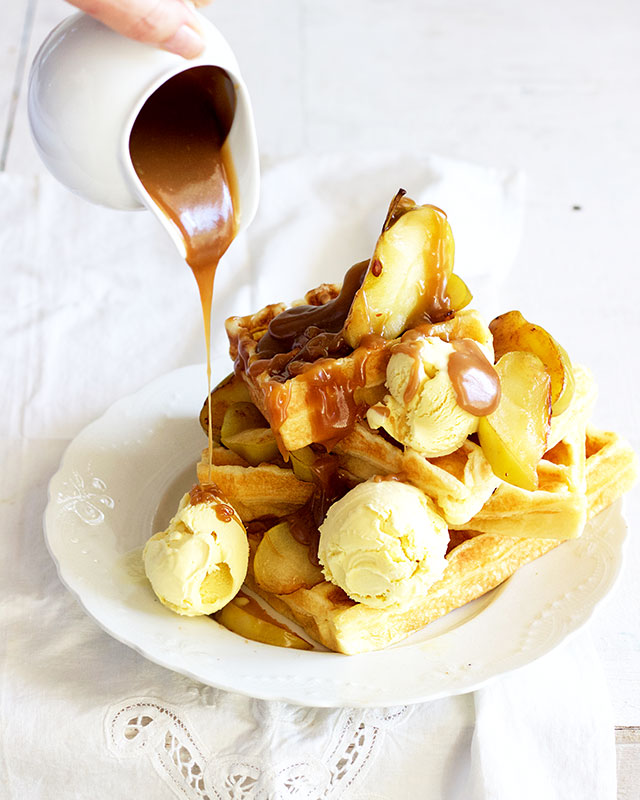

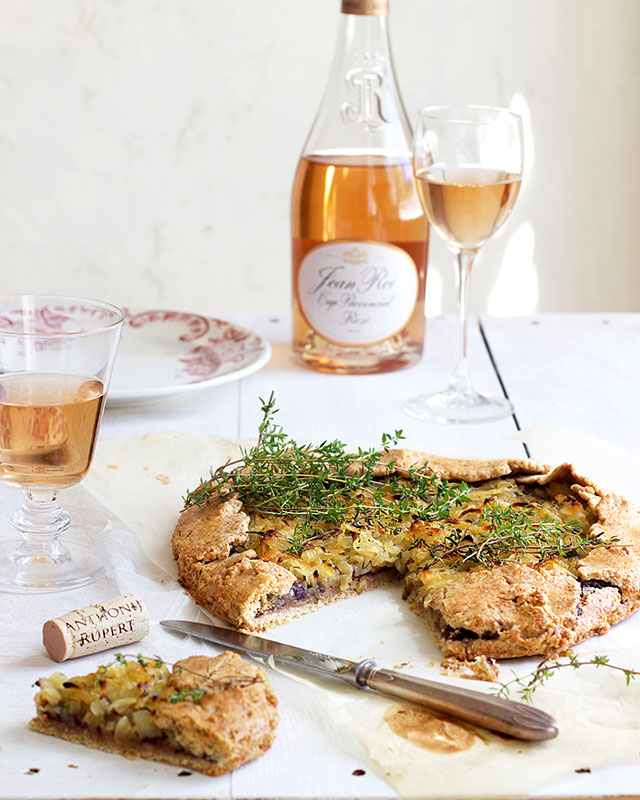



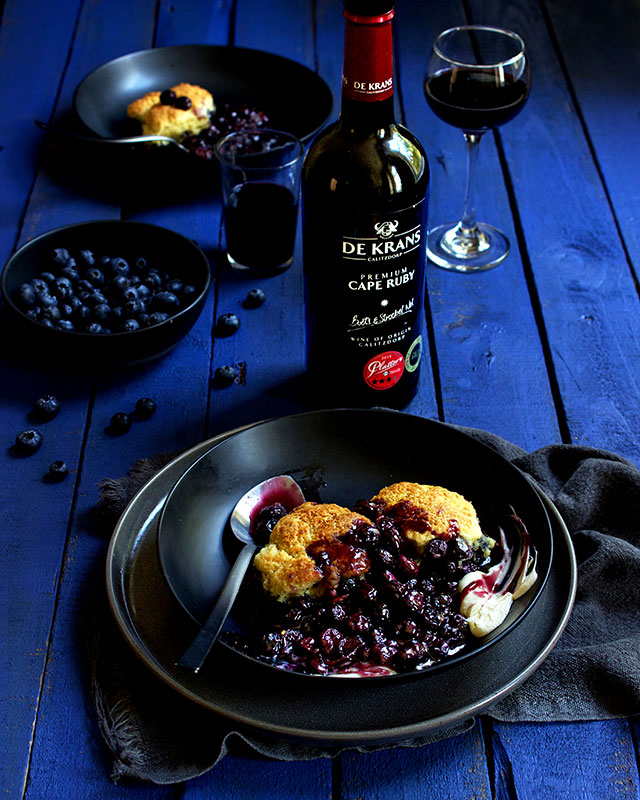
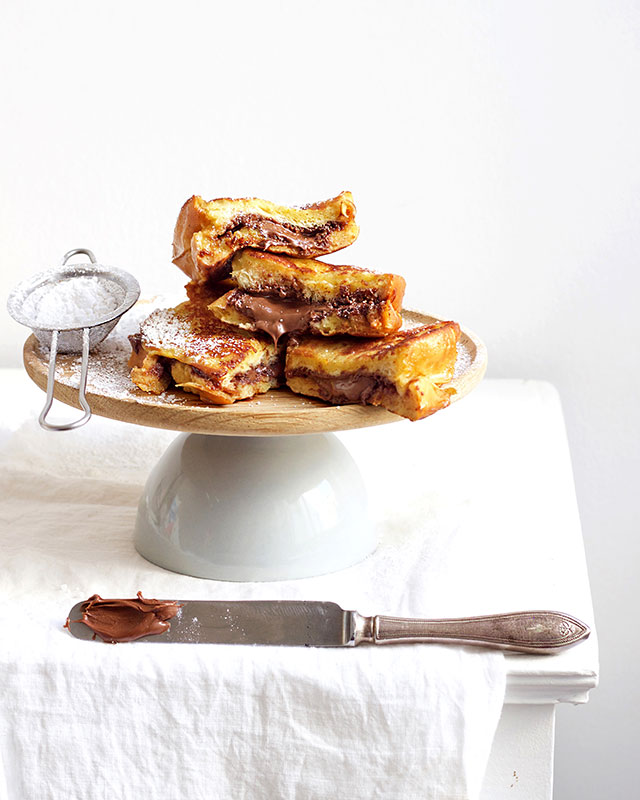

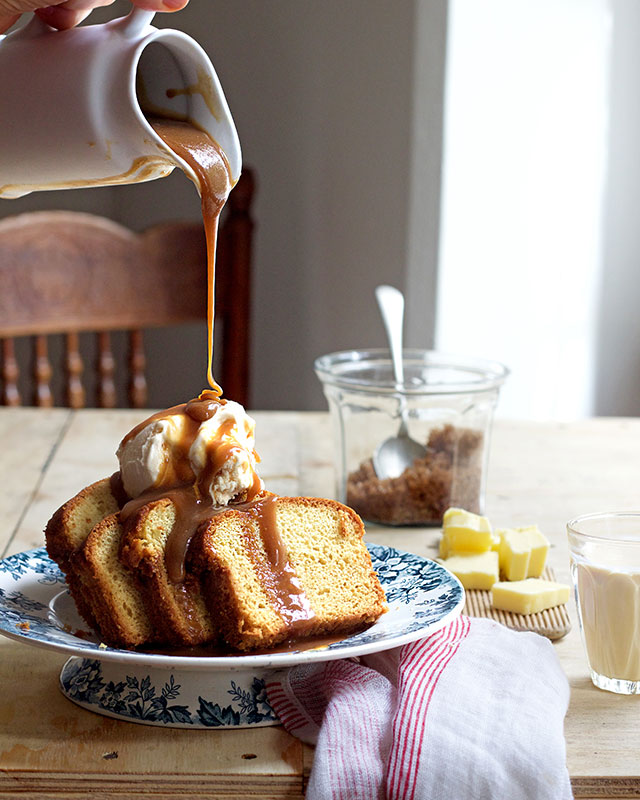




Leave A Comment